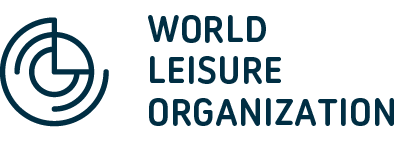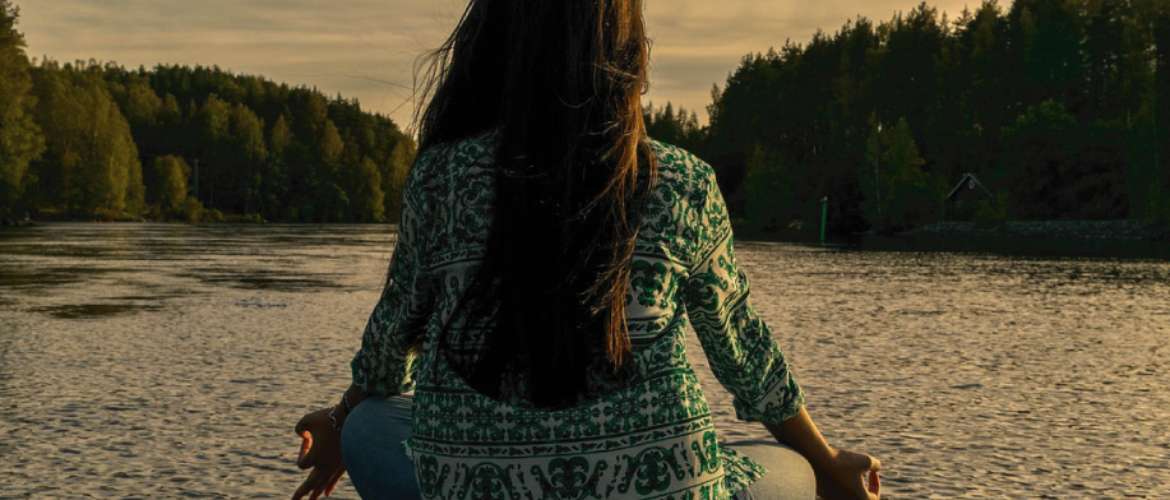By Teresa Freire, Facilitator of the SIG “Leisure and Well-being”
Under the research team I lead in my University (the Research Team on Positive Development and Optimal Functioning), we have an intervention group program about leisure for middle adolescents, titled: “Growing-up with leisure”. This is a validated intervention program to promote adolescents’ positive attitudes toward leisure and a healthy use and proactive involvement in leisure activities and contexts, and consequently to facilitate positive leisure experiences. From a conceptual point of view, the program is based in several models and perspectives, mainly conceptual issues related to positive youth development and identity development (personal, social and place identity).
In terms of its structure, it integrates 12 sessions, 90 minutes per session, being implemented in a weekly and group basis. It can be implemented in different kinds of contexts, such as schools, community centres, and others, where groups of adolescents can be used as the basis for the intervention.
At this moment, and once its efficacy is well-supported, we would like to make it valuable at an international level, making it the focus of a joint project within the SIG “Leisure and Well-being”.
What we are proposing:
- To adapt and validate the program with adolescents from different countries;
- To work on a shorter version of the program (reduce from 12 sessions to 8 sessions);
- To work on materials (sheets with written activities, used in the sessions) and to create a new design style;
- To achieve a cross-country/cultural version of the program, making it available to be used worldwide;
- To prepare implementers of the program (psychologists or professionals from other areas);
- To give formation on intervention group design: preparation, implementation, procedures and evaluation of efficacy;
- To work on a multidisciplinary team basis.
As a first step we ask for participation and collaboration in order to define the team that will be working on this, inside the SIG (other activities and tasks will be being done besides this one). According to participants and their backgrounds (we encourage the participation of members from different areas, and also the collaboration of members from other SIGs), the team and the plan for action will be defined: aims, steps, tasks related to each one, expertise, schedule (time frame), procedures, among other aspects. Outcomes will be defined, along the timeline, which will include publications and reports, and other kinds of dissemination of results.




